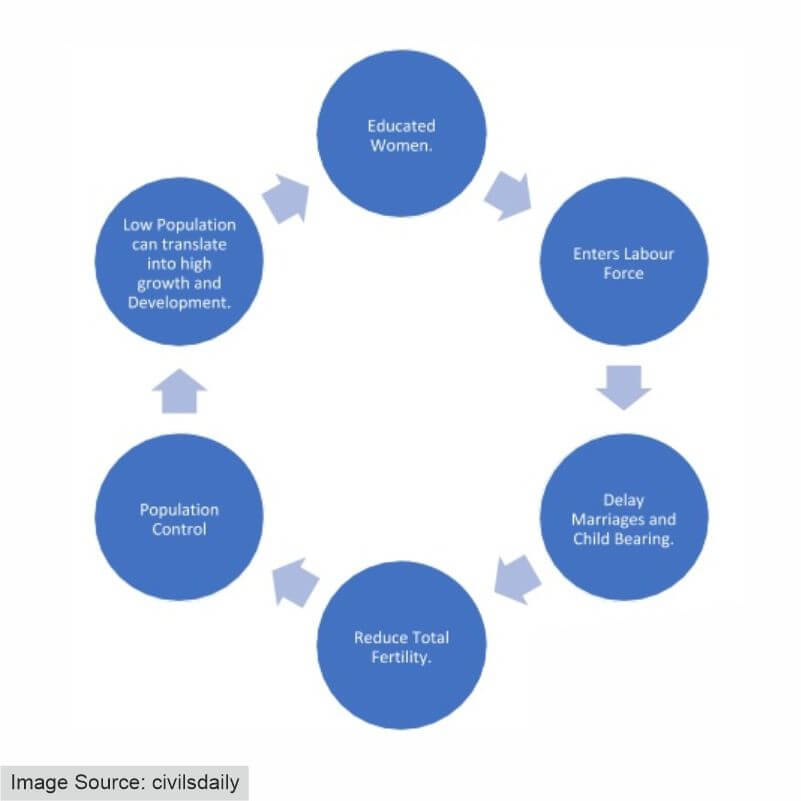“When girls are educated, their countries become stronger and more prosperous.” - Michelle Obama
A girl's education entails more than just having her attend school. Equal opportunity should be provided for girls to finish their education. When attending school, they should feel secure, to compete in the job market, they need to acquire the necessary knowledge and abilities. They should be allowed to develop the life skills required to survive and adjust to a rapidly changing world. Girls and women should have the freedom to choose their paths in life and to participate in their communities.
Gender inequalities in education still exist despite research indicating how important girls' education is to development. According to UNICEF, around the world, 129 million girls are out of school, including 32 million of primary school age, 30 million of lower-secondary school age, and 67 million of upper-secondary school age. In countries affected by conflict, girls are more than twice as likely to be out of school than girls in non-affected countries. Only 49 per cent of countries have achieved gender parity in primary education. At the secondary level, the gap widens: 42 per cent of countries have achieved gender parity in lower secondary education, and 24 per cent in upper secondary education. There are several reasons for barriers to girls’ education like poverty, child marriage and gender-based violence that may differ from country to country. Even financially unstable families favour boys for educating them. There are many places where schools don’t meet girls' safety, hygiene or sanitation needs. In others, gender disparities in learning and skill development are a result of teaching methods that are not gender-responsive.

It's for each country to take up into consideration educating girls from every part of the state. Firstly, it is necessary to break gender barriers, many girls drop out of school due to various reasons. By addressing these barriers, we can create an inclusive environment that includes providing scholarships, school infrastructure improvement, and awareness campaigns.
Empowering girls through education requires the involvement of families, communities and policymakers. Community engagement programs that involve all these people can create a supportive ecosystem that values girls' education and encourages them to attend school. Also promoting gender equality, we empower girls to challenge stereotypes and societal norms along with it, even enhancing life skills not only empower girls to succeed in academics but prepare them for future careers and leadership roles.
Empowering girls through education is a vital step towards creating a more equitable society. By addressing those barriers, we unlock the potential of girls paving the way for success.
Child Help Foundation has always strived for educating girls from underprivileged sections of society. The organization has actively conducted awareness campaigns and created a good school infrastructure for these children. To date, through the program of Quality Education, 4,82,051 children have benefited from better education and many have passed with flying colours and currently pursuing higher education.
